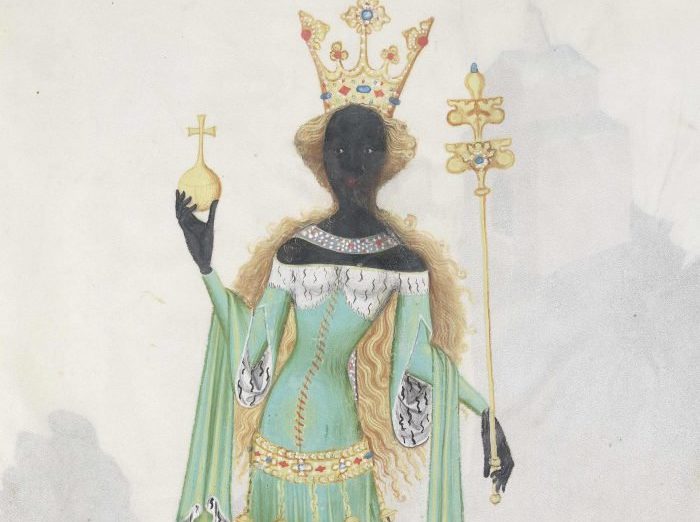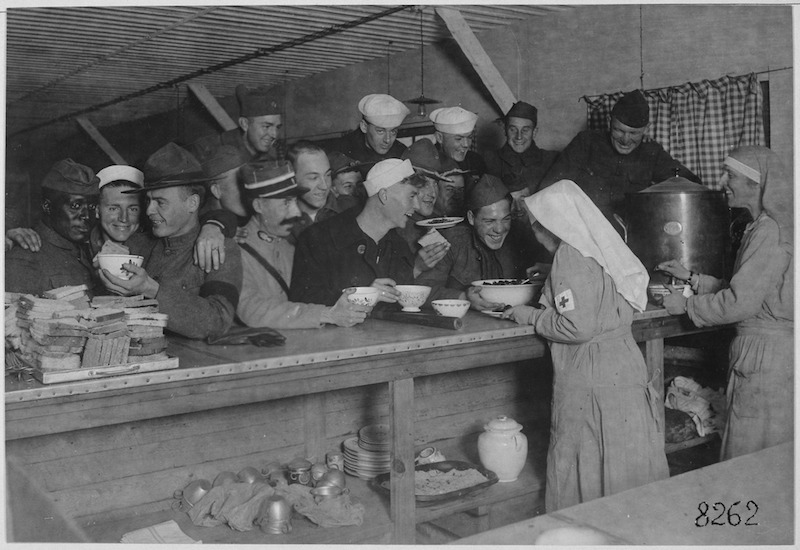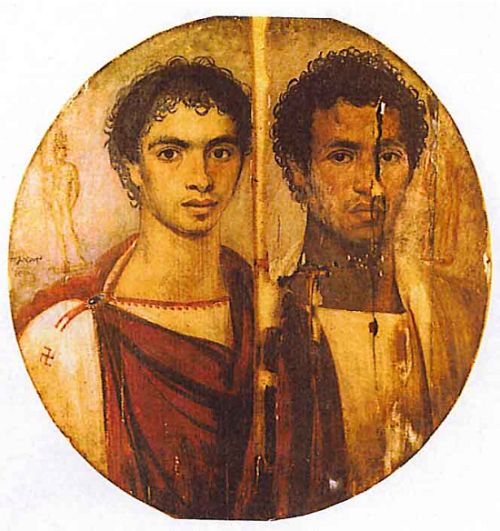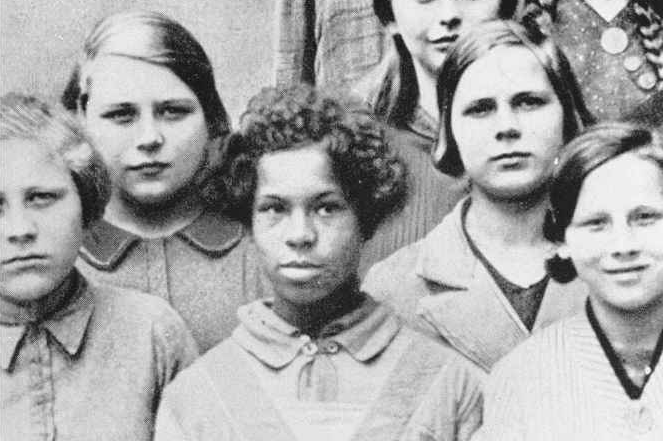Welcome to the 165th instalment of the History Carnival, a monthly showcase of some of the best recent blogging on historical topics.
The Past in the Present
We are living in interesting times, as the euphemism goes, and historians are doing valiant work at helping us to better understand and interpret them. Alban Bargain-Villéger digs past the myths to get at the historical context of the 2017 French presidential elections, while Beatrix Hoffman shows that the “peculiar American way of health politics” has a tangled, gendered history dating back more than a century. Westenley Alcenat looks at historical amnesia in the Age of Trump, and situates the new president’s worldview as “part of a[n American] legacy that mirrors the Jeffersonian ideals of Herrenvolk nationalism.”
Is international intervention for humanitarian reasons ever justified? There’s little consensus in political responses to the current Syrian crisis—nor were opinions any more united in the nineteenth century, as Glenda Sluga shows through her examination of the life and career of the aristocrat Dorothea, Princess von Lieven, an advocate for religious humanitarianism.

The Marvellous Middle Ages
The images in Elizabeth Wilson’s post about the penis tree in medieval art mean that you probably won’t want to read it in most workplaces, but it makes for excellent reading if you’ve ever wondered what made a phallus wander in the Middle Ages.
Marital breakdown was as much a fact of life in medieval Europe as it is in the modern world—but for medieval Catholics, divorce was not an option and annulments were expensive and difficult to obtain. Drawing on the holdings of the British National Archives, Claire Kennan writes about the unhappy end of the thirteenth-century marriage of Alice de la Marche and Gilbert de Clare, earl of Gloucester.
Cultural contact across vast distances was also a fact of life in the medieval world. As part of a series at The Public Medievalist on race and racism in the Middle Ages, Adam Simmons explores the presence of Africans in medieval Europe and the Nubian king who encountered participants in the Fourth Crusade.

Health and the Body
In 2016, the AIDS epidemic was officially declared “over” in Australia, but as Cheryl Ware shows, the lives of many have been forever changed by the virus and the accompanying stigma. Bearing witness to the history of how people dealt with HIV/AIDS is a necessary task, if one that is still painful and uncomfortable for many. Jennifer Evans also deals with an aspect of the history of medicine that is often glossed over: the use of contraceptives and abortifacients in early modern Europe.
Paul Stepansky contributes a three-part series on the American nurses of World War One, their duties in the field, and the particular challenges they faced.
And would you be willing to try Count Rumford’s recipe for “a cheap soup as much as will feed sixteen or twenty people”? I have to say that it sounds about as appetising as sitting down to a bowlful of wallpaper paste, but many in the nineteenth century thought it was a sure fire solution to the problem of widespread hunger.

Historiography and the Historian’s Work
There are lots of challenging questions in this section of the Carnival! How do—and should—two famous texts in feminist theory, Simone de Beauvoir’s The Second Sex and Judith Butler’s Gender Trouble, understand one another? Kali Myers delves into the history of academic translation. Is it possible to write a historical “non-fiction novel”? Judith Armstrong reflects on her writing trajectory.
Pedagogical and interpretive challenges, too: Michael Leroy Oberg talks about the responsibilities of history teachers, and reflects on how to teach grief as a force in Native American history. Sarah Bond challenges the practice of white-washing statues from the Classical past: the ancient Mediterranean was a more diverse and colourful place than some false constructions of the past would have us believe.
And if you’ve ever wondered what a historian’s work day might look like, Frances Clarke talks about the joys of international collaboration, while Deena J. González discusses her groundbreaking work in Chicana history.

The Fleet(ing), the Forgotten, and the Newly Famous
As horrendous as war and racial discrimination are, an awareness of their horrors is often shockingly slight in the popular consciousness. The Bataan Death March of 1942 was one of the great atrocities in a war that didn’t want for them, but as Peter Mansoor points out, few Americans today are aware of this incident or its lessons. Jaimee A. Swift discusses an aspect of Nazi Germany that’s often forgotten: how Afro-Germans, and people of African descent living in Germany, were treated by the regime. Heribert von Feilitzsch writes about a recent anniversary which also received comparatively little attention: April 1917 marked the one hundredth anniversary of the United States’ entry into the First World War.
In lighter news of historical rediscoveries, the historic Schuyler Mansion in upstate New York is getting a new moment in the spotlight thanks to the success of the musical Hamilton. And did you know you can walk through modern London without ever being aware that a river flows beneath your feet? The River Fleet, now hidden beneath pavement and asphalt, has for centuries been (in)famously linked with the city’s less than savoury need for large-scale waste disposal.

